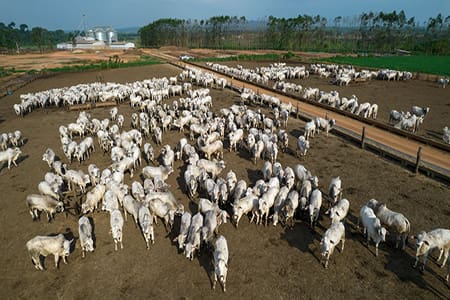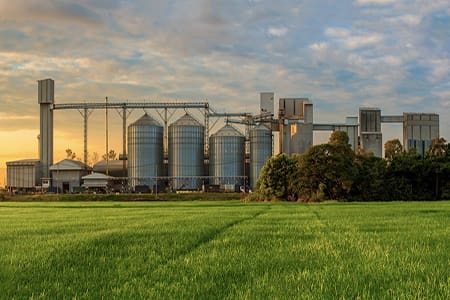The food choices we make every day have profound consequences for the planet. Diets high in animal products—such as meat, dairy, and eggs—are among the leading drivers of environmental degradation, contributing to greenhouse gas emissions, deforestation, water scarcity, and pollution. Industrial livestock farming requires vast amounts of land, water, and energy, making it one of the most resource-intensive systems on Earth. In contrast, plant-based diets typically demand fewer natural resources and produce a significantly lower environmental footprint.
The environmental impact of diets goes beyond climate change. Intensive animal agriculture accelerates biodiversity loss by converting forests, wetlands, and grasslands into monoculture feed crops, while also contaminating soil and waterways with fertilizers, pesticides, and animal waste. These destructive practices not only disrupt delicate ecosystems but also threaten food security by undermining the resilience of natural resources needed for future generations.
By examining the connection between what we eat and its ecological toll, this category highlights the urgent need to rethink global food systems. It underscores how transitioning to more sustainable dietary patterns—favoring plant-based, regional, and minimally processed foods—can mitigate environmental damage while also promoting human health. Ultimately, changing diets is not only a personal choice but also a powerful act of environmental responsibility.
Amidst growing environmental concerns, the choices we make at mealtime hold remarkable potential for change. A plant-based diet offers a sustainable path to reducing greenhouse gas emissions, preserving natural resources, and safeguarding biodiversity. By minimising reliance on resource-intensive animal agriculture, this eco-conscious approach helps combat climate change while addressing global food insecurity. Beyond its planetary benefits, a plant-powered lifestyle also promotes better health and well-being. Explore how each meal can become a meaningful step towards protecting our planet and creating a more sustainable future for all


























































